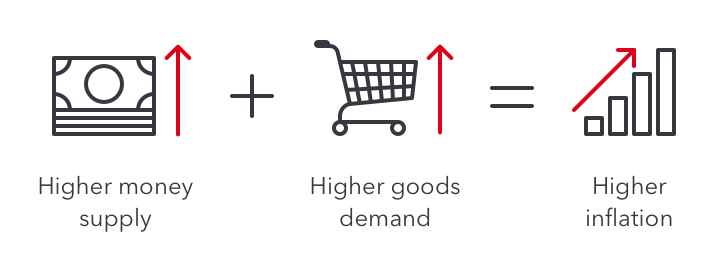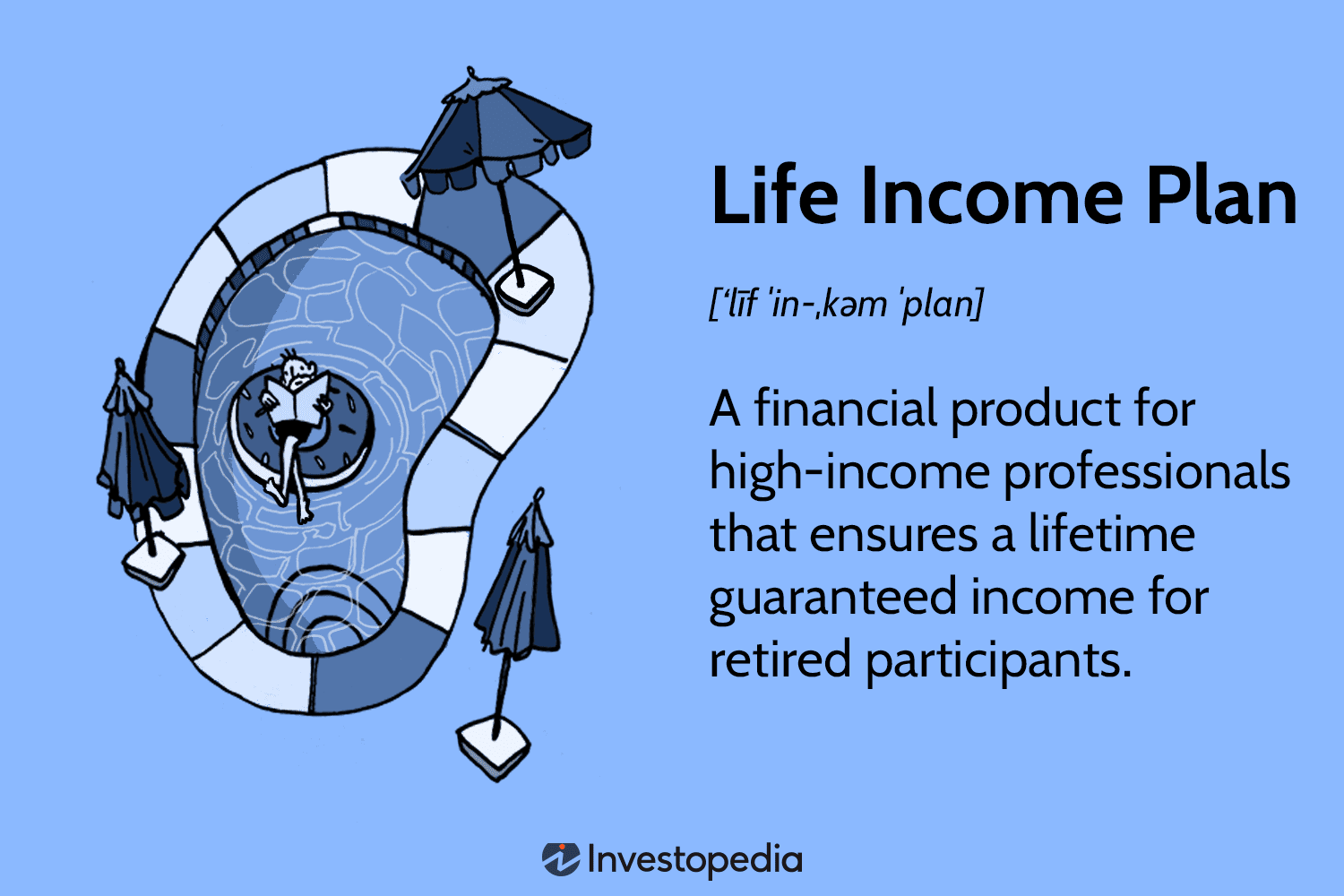Annuities Vs Pension | Which is More Beneficial. Hey there! I’m sure you’ve heard of annuities and pensions, but what are the differences between them? Annuities Vs Pension
It’s important to understand their similarities and differences in order to make an informed decision when it comes to retirement planning. Annuities Vs Pension
In this article, we’ll explore the key distinctions between annuities and pension plans so that you can determine which one is right for your financial goals.
Overview Of Annuities
An annuity is a contract between an individual and a financial institution, such as a bank or insurance company. Annuities Vs Pension
When you purchase an annuity, you pay the institution either all at once (known as a lump sum) or over time (known as periodic payments).
In exchange for this payment, the financial institution will give you regular income payments in return. Annuities Vs Pension
Take Bob for example; he purchased an immediate fixed annuity from his local bank to help him supplement his pension income.
For each of the next 20 years, Bob will receive $1,000 every month from the bank until he reaches age 85.
This means that Bob can rest assured knowing that he has some extra money coming in regularly and no longer needs to worry about outliving his savings account due to inflation.
Overview Of Pension Plans
I’ve outlined the basics of annuities, but what about pensions? Pension plans are similarly designed to provide retirees with a set amount of income each month. They differ from annuities in that they typically involve contributions made by employers and employees during their working years. Annuities Vs Pension
A pension plan can be either defined benefit or defined contribution – both guarantee you an income after retirement, but they will look different depending on which type of plan your employer offers. Defined benefit plans offer a fixed monthly payment once you retire, based on factors such as how long you worked for the company and your salary when you were employed there.
On the other hand, defined contribution plans require employee and/or employer contributions throughout one’s employment term; these funds accumulate over time and can then be withdrawn upon retirement according to predetermined rules. Both types of pension plans have advantages and disadvantages depending on individual circumstances—it’s important to understand all aspects before choosing one option over another. Annuities Vs Pension
Annuities Vs Pension | Which is More Beneficial

Benefits Of Annuities
When it comes to retirement planning, annuities and pensions offer different benefits. Have you ever considered which one best suits your needs?
Let me paint a picture: imagine the peace of mind that comes with knowing exactly how much money you’ll be able to count on in later years. With an annuity, this is possible!
The beauty of annuities lies in their flexibility — they can be tailored to meet individual needs and preferences. For example, some people prefer fixed annuities with guaranteed income for life while others opt for variable or indexed versions that have potential growth opportunities but also come with greater risk. Annuities Vs Pension
Annuitization also allows individuals to set up custom payment schedules ranging from monthly/quarterly payments all the way up to lump sums at maturity. Plus, there’s no need to worry about outliving assets as long-term care riders are available with certain contracts – providing extra security should something happen down the road. Annuities Vs Pension
All these features help make annuities attractive investments for those looking for secure retirement income streams. No matter your situation, taking time to explore financial options like annuities and pensions can go a long way toward helping ensure financial stability in retirement – giving you more control over your own destiny during those golden years ahead.
Benefits Of Pension Plans
Moving on, we’ll now look at the benefits of pension plans.
While annuities provide a steady income over an extended period of time, pension plans offer another option for retirement funding that can be more secure.
Pension plans typically come with employer contributions and are managed by professional fund managers who make sure your money is invested in low-risk investments.
That means you have some protection from market volatility and don’t need to worry about when or how much money you will receive as part of your pension plan payments.
Another advantage of having a pension plan is that it often comes with guaranteed lifetime income – meaning you will always have a source of reliable income even after you retire.
This provides peace of mind knowing that if something were to happen during retirement and your funds ran out, there would still be a steady stream of income coming in from your pension plan.
Plus, many pensions also allow survivors’ benefits which give your spouse or other family members access to the same level of benefit should anything ever happen to you while you’re retired.
All these factors combine together to create one powerful benefit – security!

Comparing Annuities And Pension Plans
I’ve been researching annuities and pension plans, and I’m wondering which one is the best for me.
Annuities are great because they generally offer higher returns than a pension, but with more risk.
Pension plans on the other hand are often managed by professionals who have experience in investing funds. This can help to protect your retirement fund from downturns in the market.
When it comes to deciding between an annuity or a pension plan, it really depends on your personal situation and goals.
If you’re looking for security and don’t want to take any risks with your money then a pension might be the right choice for you. But if you’re willing to take some risk and potentially get higher returns, then an annuity could be what you need.
Ultimately, whichever option you choose should depend on your own needs and preferences.
Frequently Asked Questions
What Are The Tax Implications Of Annuities And Pensions?
As we are living longer and healthier lives, it is becoming increasingly important to understand the tax implications of annuities and pensions.
More than ever before, individuals must consider carefully how their retirement savings will be taxed when they withdraw them in the form of an annuity or pension income stream.
As I’m sure you know, taxation on these two types of investments can differ greatly depending on your circumstances – so let’s take a closer look at what this means for us all.
Allusion: It pays to plan ahead when deciding whether to invest in an annuity or pension as our future financial security depends on it!
Is It Possible To Rollover An Annuity Or Pension Plan?
Rolling over an annuity or pension plan is a great way to move your money between financial products.
It’s possible, but it’s important to consider the tax implications of doing so before you make any decisions.
Depending on where you rollover your funds and when, taxes may apply.
Make sure you understand all the details before you decide if this option is right for you.
Annuities Vs Pension | Which is More Beneficial

Are There Any Fees Associated With Annuities Or Pension Plans?
Rolling over an annuity or pension plan can be a great way to consolidate your retirement savings, but it’s important to understand the associated fees.
Annuities and pensions may come with different types of fees depending on the provider, including administrative, surrender charges and other service-related fees.
It’s important to thoroughly review all documents before deciding whether or not to take advantage of this opportunity.
Is There A Minimum Investment Required To Open An Annuity Or Pension Plan?
When it comes to investing, sometimes the biggest question is how much you need to start. Many people like knowing that a minimum investment isn’t required so that they can feel secure in what’s expected of them financially.
That’s why when considering annuities or pension plans, it’s important to know if there is a minimum investment necessary to get started.
Well, the good news is that while some may require an initial deposit and/or other terms, many don’t have any set amount — allowing you to invest as little or as much as you’d like!
Can I Access Funds From My Annuity Or Pension Plan Before Retirement?
Yes, you can access funds from your annuity or pension plan before retirement.
However, it’s important to keep in mind that the withdrawal amount and timing of withdrawals will depend on the specific plan, as well as any applicable federal or state laws.
In addition, there may be fees associated with early withdraws and/or tax penalties.
It’s a good idea to consult with a financial advisor so that you understand all the potential risks involved before making any decisions about accessing your funds. Annuities Vs Pension | Which is More Beneficial.
Conclusion
Annuities and pensions are two of the most popular retirement options available today. Both have their advantages, however it is important to carefully weigh up the pros and cons before deciding which one best suits your individual needs.
Understanding the tax implications, fees associated, rollover processes as well as minimum investment requirements can help you make an informed decision that will protect your financial future like a fortress protecting its castle walls.
Deciding between an annuity or pension plan is not unlike navigating through a minefield – it requires careful consideration in order to avoid costly mistakes down the road.











Leave a Reply